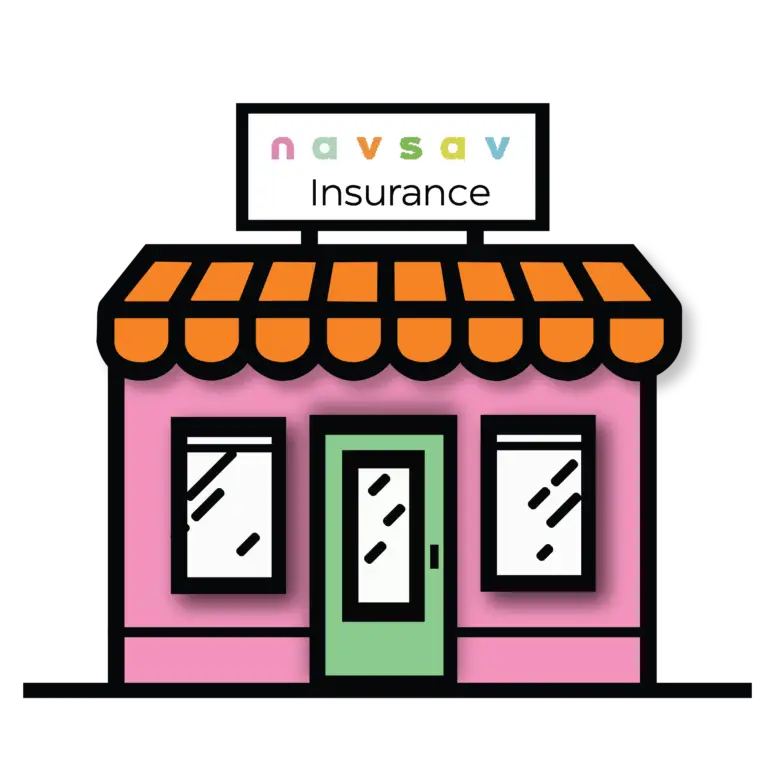
NavSav Insurance – Sterling Heights is an Agency committed to providing the best insurance coverage options to meet all your personal and commercial needs. We have access to an extensive number of the nation’s leading insurance carriers, offering personalized plans tailored to your specific requirements and help you navigate your savings.
NavSav Insurance – Sterling Heights specializes in Personal Lines of insurance such as Homeowners, Renters, Auto, Fire, Flood, Wind/Storm, Umbrella, Personal Liability, Travel, and Disability. We also offer specialized coverage options for Life and Health Insurance policies. Additionally, we offer complete Agricultural coverage as well.
For Commercial Insurance we provide General Liability, Commercial Property, Workers´ Compensation, and Cyber Liability policies with customized solutions for businesses of any size or industry sector. Our experienced team will help you find the best policy for your needs at a competitive rate so that you can be sure you are getting the most value out of your investment.
At NavSav Insurance – Sterling Heights we know that protection is an important part of life. That’s why our knowledgeable agents are here to help you assess risks and develop personalized strategies that work best for you and your family or business. From finding the right type of coverage to helping you secure the best Insurance rates available on the market – every aspect of our service is designed with your individual needs in mind.
When selecting NavSav for your insurance needs you can rest assured that you have a partner who will go above and beyond to make sure that all your coverage needs are met – no matter how large or small they may be! So don’t wait any longer – contact us today to learn more about how we can navigate your savings!
Others services we offer:

Click here to learn more about the conprehensive services provided by NavSav Insurance.
Corporate Headquarters
About
Employees
Sitemap l Careers l Contact Us l Terms and Conditions l Privacy Policy l Our Carriers l Certificate of Insurance Request l Lender Inquiry
©2012 NavSav Holdings LLC